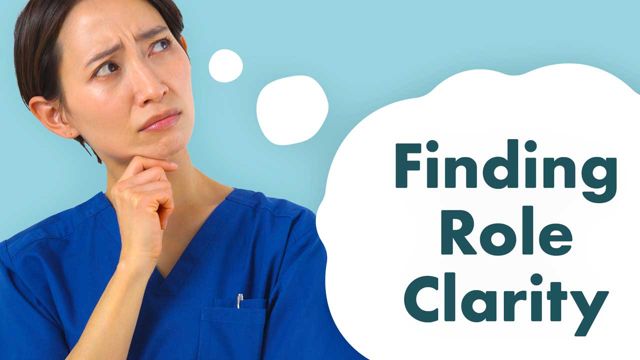Leadership Lesson: Finding Role Clarity


One of the biggest contributors to stress at work, poor mental health, workplace tension and cultural challenges is a lack of role clarity. In this lecture, executive coach and workplace educator Samuel Eddy explores why role clarity is one of the fundamental principles of calm, confident and assured leadership and provides strategies for establishing better role clarity within your team.
Topics
For Teams
Assign to your staff
Assign mandatory training and keep all your records in-one-place.
Find out moreMeet your educator
Content Integrity
Ausmed strives for the highest level of content integrity and accuracy in our educational resources.
Last updated13 Aug 2023
Due for review30 Aug 2028
Disclaimer
Disclosure
Usage
Cite this resource
 New
New